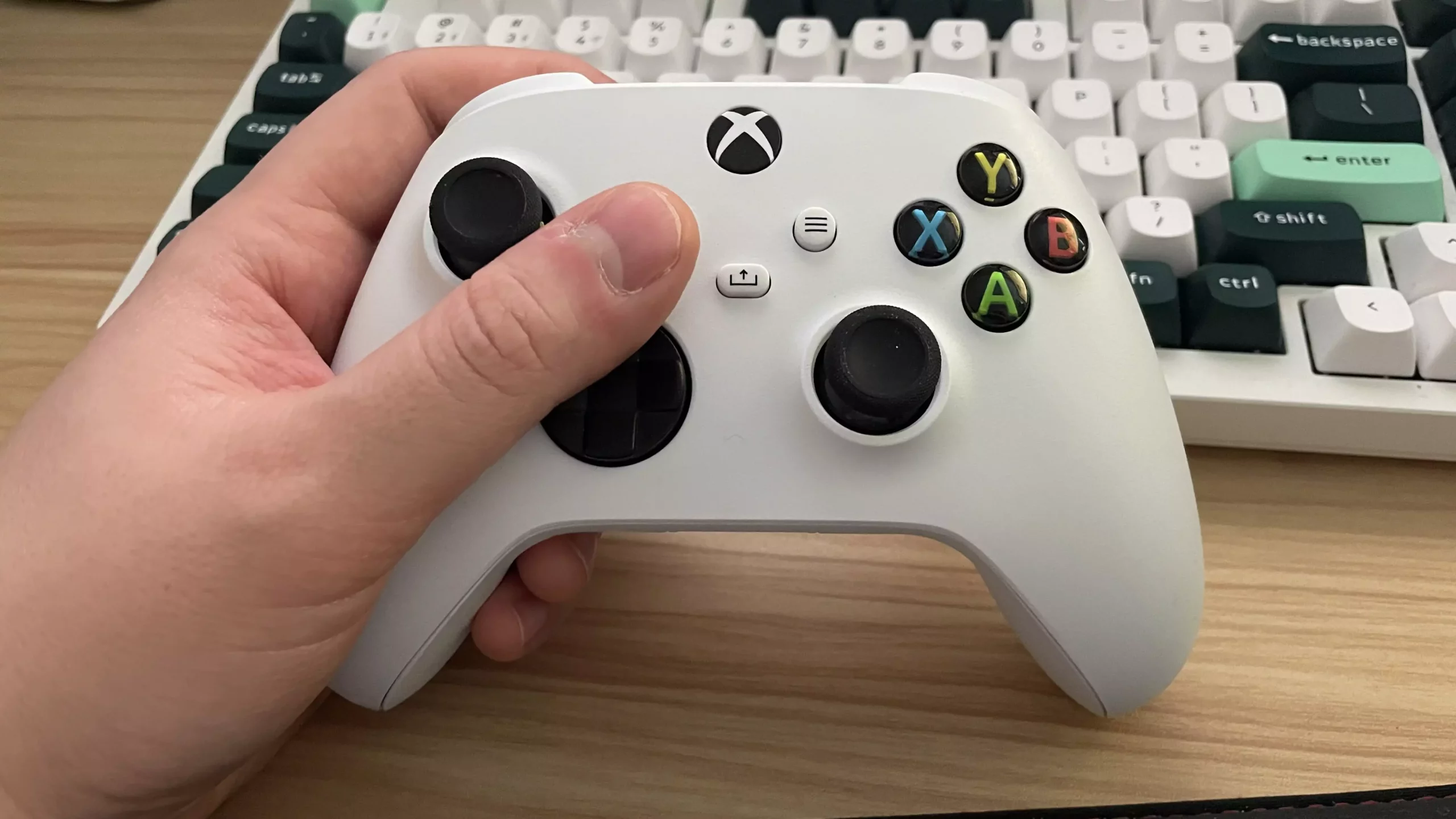In an era where battles are increasingly fought not only on the ground but also in the cyber domain, it’s no surprise that technology, particularly consumer electronics, finds itself woven into the fabric of modern military strategies. Game controllers, once relegated to the realm of entertainment, have transcended their original purpose to become tools of warfare. Countries like Ukraine utilize drones powered by technology that mirrors that of gaming systems, leading to a controversial intersection of consumer electronics and military applications. The UK’s recent move to limit the export of game controllers to Russia poses questions about the efficacy and implications of such restrictions.
UK’s Export Restrictions: A Symbolic Gesture?
With the ongoing conflict between Russia and Ukraine, the UK government’s decision to implement a wholesale ban on the export of game controllers to Russia may seem like a judicious step in the larger narrative of international sanctions. The UK Foreign, Commonwealth & Development Office boldly proclaims its intent to “prevent them from being used to pilot drones on the frontline.” Yet, one cannot help but wonder about the actual impact of such a ban. It’s unclear not only how many controllers were being funneled to Russia but also whether these restrictions will genuinely thwart the military’s tactical operations.
This raises a critical point of discussion—the nature of warfare has evolved rapidly, blurring the lines between military hardware and civilian technology. The military demand for these compact, multi-functional devices seems to pivot on more than just mere access. Even with restrictions, Russia is likely capable of producing or sourcing alternative solutions, whether domestically or from third-party countries.
Understanding the Practicality of Game Controllers in Warfare
When considering the effectiveness of game controllers in targeting and piloting drones, the limitations of their technology cannot be overlooked. For instance, wired controllers typically limit operational ranges to a few meters, making them impractical for long-distance drone operation. Wireless controllers, dependent on Bluetooth or 2.4 GHz signals, also impose restrictions on operational range, enabling only short-distance functionality.
Moreover, if the controllers could seamlessly interface with long-range drone systems, it raises questions about the strategic foresight behind the UK’s ban. Without addressing the broader scope of military technology, such bans may merely serve as a symbolic gesture rather than a robust solution.
A Broader Perspective: The Essence of Technology Control
The UK’s initiative is part of a broader pattern observed globally, where technology bans are utilized to curtail adversarial capabilities. However, such measures often suffer from the illusion of effectiveness. As the global tech industry thrives, so too does the ability of nations to innovate and adapt. Russia, with its own ambitions to create domestically produced alternatives to gaming devices, exemplifies how technological independence can undermine the efficacy of export restrictions.
Moreover, the emphasis on a singular product such as game controllers indicates that policymakers may overlook the multi-faceted nature of military technology. Countries involved in warfare possess a multitude of options that extend well beyond consumer gadgets; therefore, focusing on a singular item may detract from addressing broader military capabilities.
A Curious Part of Military Discourse
The inclusion of game controllers in official discourse, especially regarding military applications, serves as more than just an attempt to restrict exports. It reflects the evolving narrative of warfare, where gaming culture intersects with national security. This peculiar mix presents a unique societal lens through which we view conflict, revealing that even as players enjoy immersive, fictional battles, the tools of those very games can shift into the realm of life-and-death scenarios.
The conversation surrounding technology’s influence on military operations, driven by media coverage of events like the UK’s restrictions on game controllers, can lead to greater public awareness. It places the focus not only on the frontlines of warfare but on the innovation repercussions experienced by nations, ultimately stimulating dialogue about ethical implications and the intertwined fate of technology and military power.
Amidst the complexities and subtleties of modern conflict, the ongoing discussion about game controllers and their role in warfare offers a fascinating glimpse into the future of combat, technology, and the new paradigms of military engagement.

